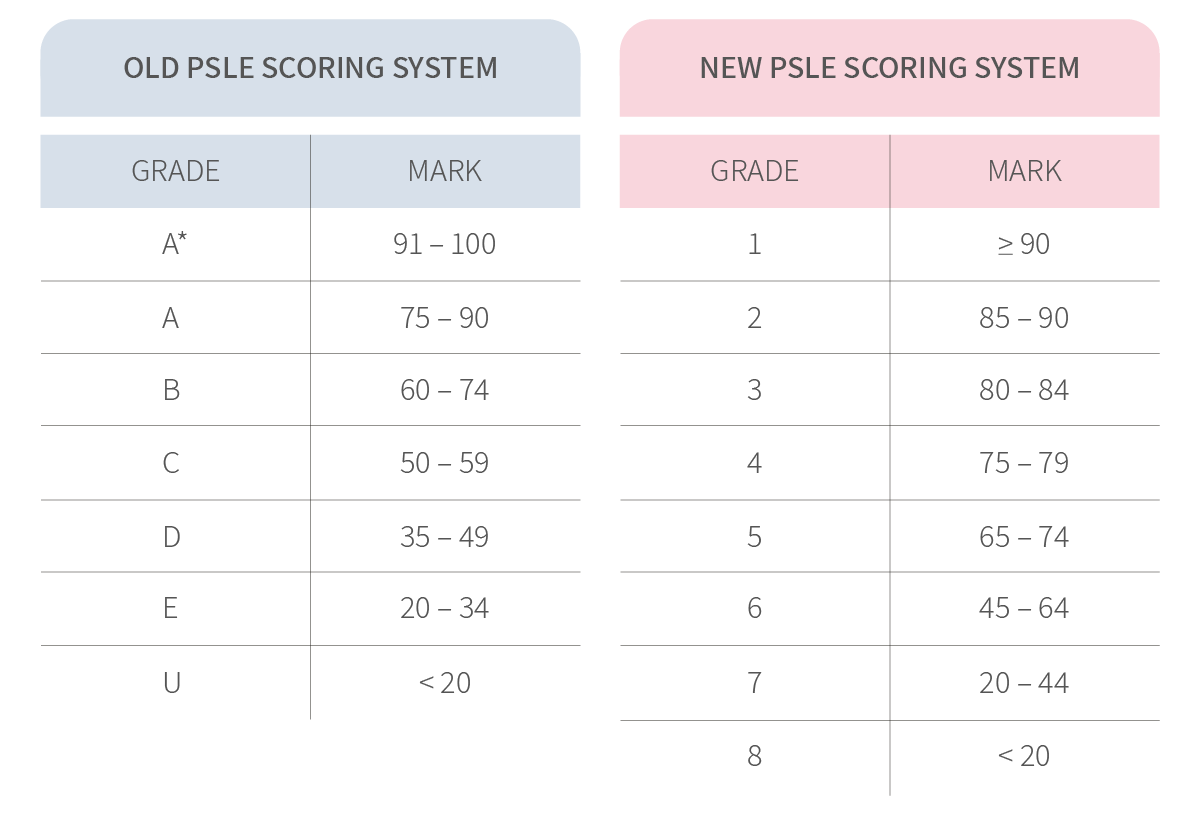
The increasing difficulty of the PSLE Maths paper over the years has become something of an annual talking point in Singapore, as anxious parents fret over how they would not have been able to answer some of the tougher questions in their day. You may have this same worry in the back of your head, if your child is taking the PSLE this year. But regardless of whether such concerns are valid or not, your anxiety can prove counterproductive and have a negative impact on your child’s state of mind and attitude when approaching the Maths exam. This is because entering the exam hall in a calm and composed mental state is just as important as studying hard and brushing up on the formulas and concepts required. A 2018 Stanford study found that a positive and confident attitude towards Maths boosts performance even after taking into account other factors like IQ and general memory. In this article, The Learning Lab goes over some additional steps that will serve students well when they have to tackle challenging PSLE Maths questions.


Before the Exam: Visualisation
Visualisation is a helpful mental technique that is often used by professional athletes who regularly face high-pressure situations. Before a big game or match, such athletes visualise what victory will look like, and what steps they need to take to get there. For example, before a match with Rafael Nadal, the tennis player Roger Federer may think about the strategy, emotions, and willpower from the last time he beat his great rival, and imagine doing so again. This helps to steady nerves, sharpen focus, and improve performance.
Can you think of what else might be a high-pressure situation? That’s right - sitting for the PSLE Math exam! In the PSLE context, students can prepare themselves before stepping into the exam hall by visualising doing well for the exam, perhaps by imagining themselves breezing through the questions with great confidence. And just as an athlete might think about his or her game plan and the moves he or she has to make, by visualising, your child will also be able to mentally review the math formulas and concepts he or she has studied. By starting the exam on an even keel, your child significantly reduces the likelihood of being shaken when he or she encounters a challenging question. You want your child to be thinking “Okay, this is a hard question, but I have prepared well and I know I can solve it."

Getting Stuck: Reset and Refocus
With that said, it is normal for some panic to creep in for any student if after a minute or two they still have no idea how to answer a particularly tricky question. Perhaps the question really is that difficult, and is confounding the entire Primary 6 cohort nationwide. Or perhaps your child has always been anxious about his or her Maths ability, and the difficult question is conjuring up old demons. He or she may freeze up, and the anxiety experienced upon getting stuck on a challenging problem can lead to a significant drop in performance and a loss in confidence. The anxiety may even precipitate memory loss as short-term memory is the first cognitive function to go when someone is under stress, making your child unable to concentrate on the paper or remember crucial formulas. What should your child do in this situation?
The first step is to get past the initial wave of panic and stay on task. One way your child can do so is by skipping the question temporarily and focusing on the more manageable portions of the exam paper. If a question has multiple parts to it, your child should look at the second or third parts even if he or she is stuck on the first. The second part could shed light on the first, and may even be solvable on its own. By doing this, he or she can attempt to rebuild confidence, and also ensure that when he or she returns to the challenging question, all the relatively easier questions have been answered and those marks (probably) secured. You do not want your child spending 10 minutes puzzling over one question only to rush through easier questions later. Another possibility, if there is enough time remaining on the clock, is for your child to take a two-minute breather and deep breaths to calm down.

Tackling the Problem: Understand the Question
Once calm, or at least more composed, your child can turn his or her mind to the tricky problem itself. A tip that our TLL teachers often share with students is to review the question multiple times, pick out the main points, and link these to individual maths concepts. This is especially helpful when the question is phrased in an unfamiliar way, or uses unfamiliar words. Your child should focus on the concepts and figure out what the question is really asking, instead of relying solely on memorised answers and steps. Once students are able to associate the question with specific concepts, they often find it easier to adapt and apply what they have learnt previously, especially if they have prepared well and have a good grasp of all the concepts. Again, it’s important for your child to be calm in order to think clearly and critically when dealing with unconventional questions.
Resources for Your Child's PSLE Journey
At The Learning Lab, we have a wealth of resources you and your child can benefit from to gear up for success in the PSLE. Read our other articles that break down each PSLE component in detail and impart strategic advice and study tips.
The complete overhaul of the PSLE scoring system from 2021 onward is doubtlessly daunting. But with our detailed breakdown in hand, you can ensure that both you and your child will be more than prepared for the challenges coming your way.
Ever find yourself constantly nagging at your child to study for the PSLE? We understand your frustration. However, your child may have valid reasons for "slacking off". Read on to gain an insight into your child's mind.
Find valuable tips on ways to help your child master the content covered in exams, hone key exam skills and how to exercise the right habits and attitudes to make this road towards the PSLE as rewarding as it is meaningful for your child.
The Learning Lab is now at locations. Find a location that suits your needs.
If you have any questions about our range of programmes or class schedules, you may contact us at 6733 8711 or drop us an email at enquiry@thelearninglab.com.sg.
Instilling the Confidence that Your Child Needs to Succeed in the PSLE
While the PSLE Math paper can certainly be challenging, it is not impossible to overcome with the right approach.
At The Learning Lab, our aim is to help your child gain holistic mastery in each of his or her subjects, both quantitatively in terms of content and qualitatively in terms of exam skills. Click here to find out more about our proprietary game plan that will gear your child up for PSLE success.
The Learning Lab is now at locations. Find a location that suits your needs.
If you have any questions about our range of programmes or class schedules, you may fill in the form below or contact us at 6733 8711 or enquiry@thelearninglab.com.sg.




![[TLL PSLE E-Book] Chapter 1: A Parent’s Guide to the PSLE](https://www.thelearninglab.com.sg/hubfs/Imported_Blog_Media/28-Mar---PSLE-Guidebook-Chapter-1-Jul-16-2024-03-52-12-6960-PM.jpg)

